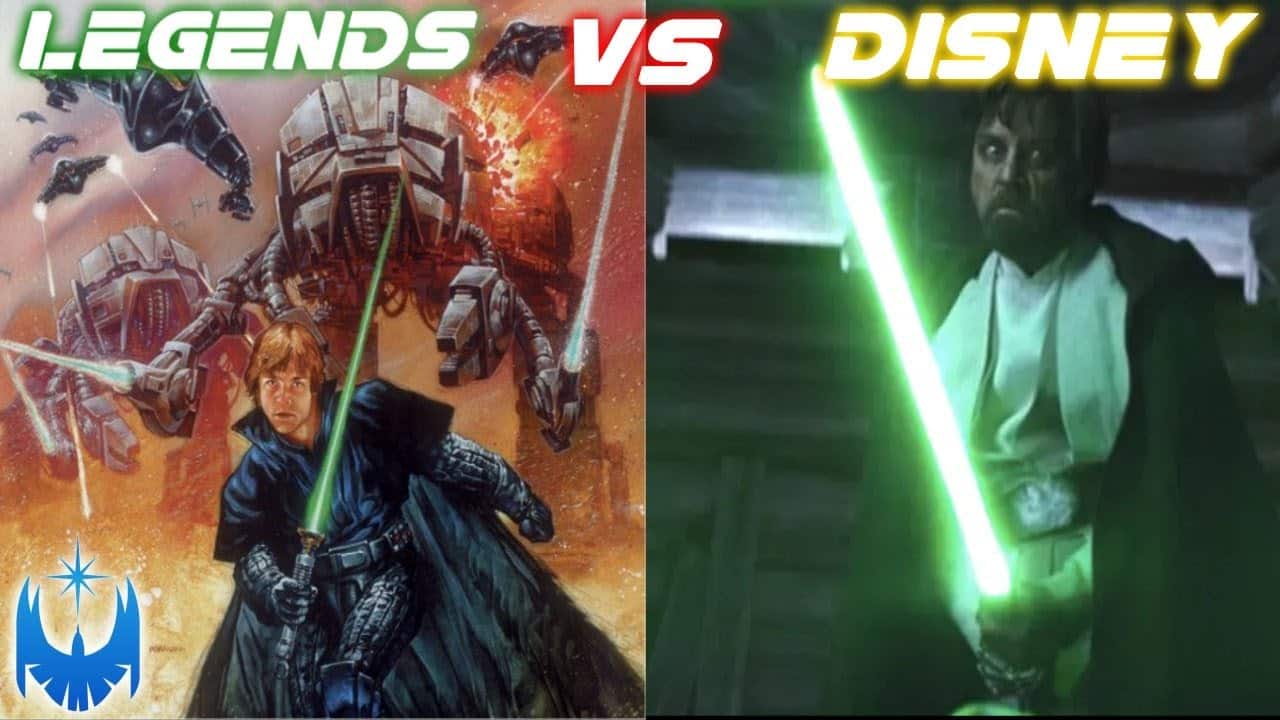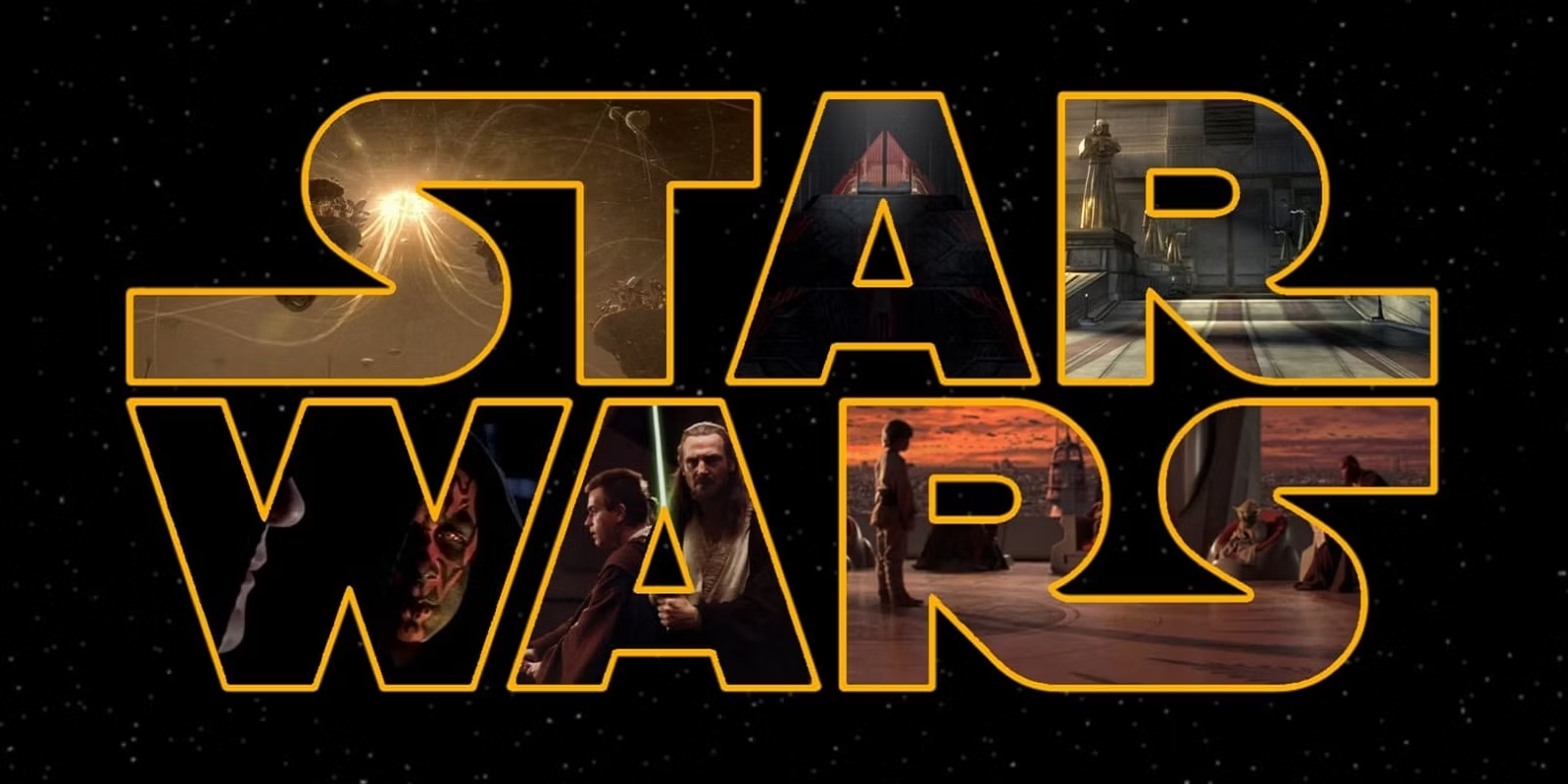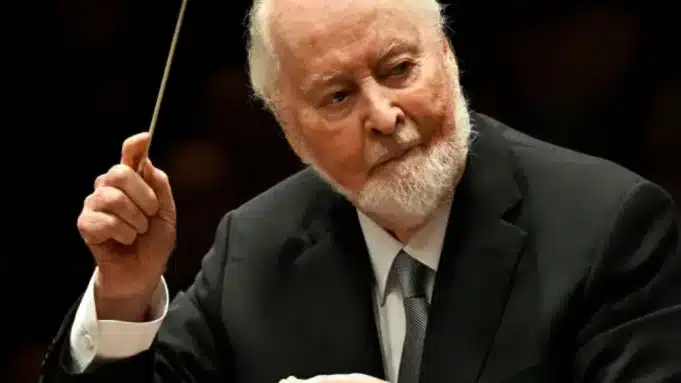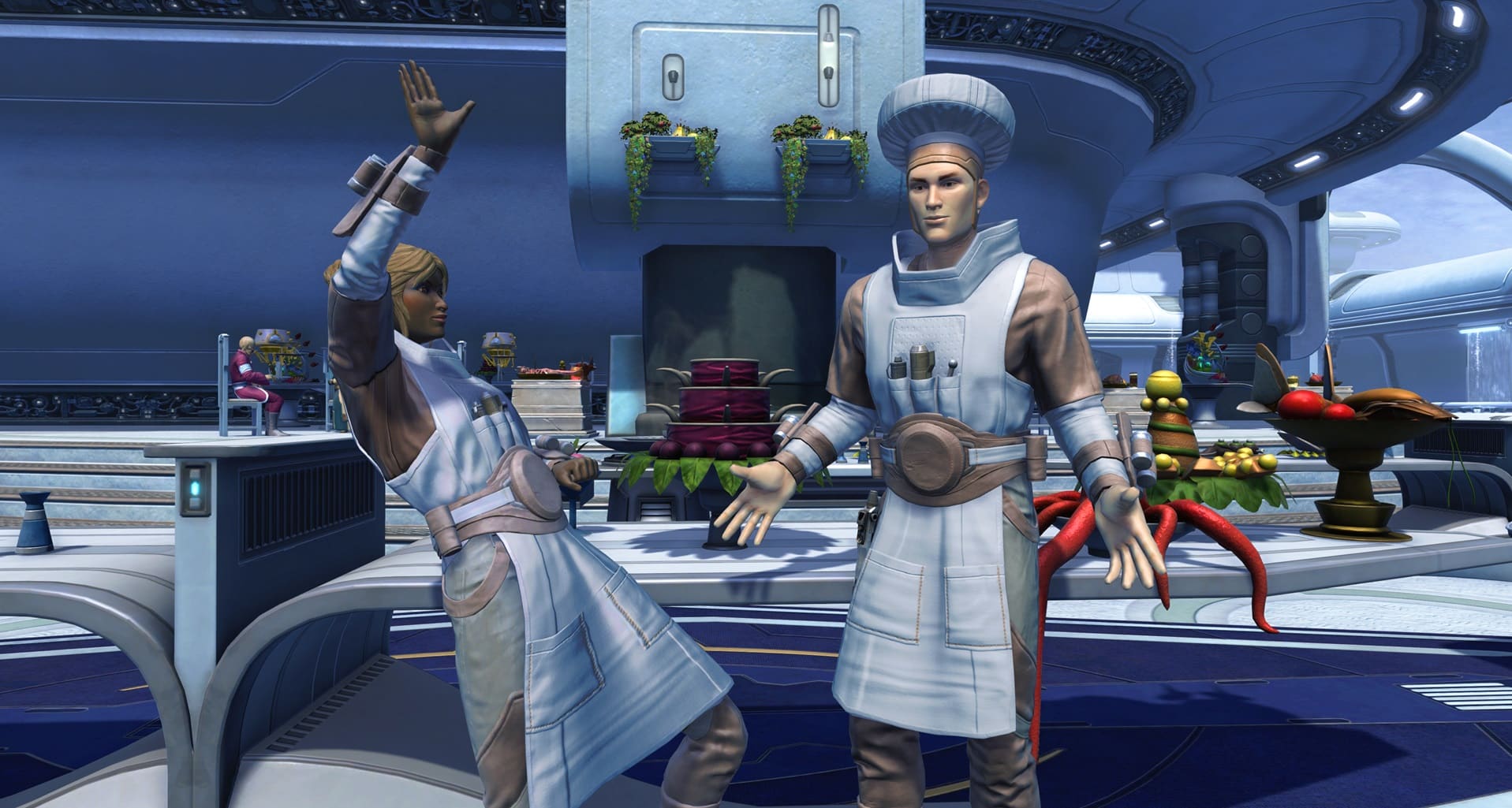Hollywood is now enlisting a new strategy to tackle one of its most persistent problems: online backlash from fans. According to recent reports, major studios are assembling “superfan focus groups” to evaluate marketing strategies and provide insights on potential audience reactions. These groups are tasked with advising studios on how fans might react to certain plot decisions, marketing materials, or changes to beloved franchises. But will this approach really help studios navigate the stormy waters of toxic fandom?
The Rise of Toxic Fandom
Let’s be honest—fans have always had opinions. From passionate debates over Star Wars canon to heated online exchanges about the latest superhero adaptation, fandoms have long thrived on spirited conversations. But in recent years, things have taken a darker turn. Toxic fandom has become a significant issue, with some fans crossing lines and targeting actors, directors, and writers with racist, sexist, and homophobic abuse.
While passionate discourse is part of fandom culture, some fans have resorted to more aggressive tactics like “review-bombing” films or series that don’t align with their expectations. This makes studios’ jobs harder as they attempt to manage the PR and online backlash for their major franchise releases.
What Are “Superfan Focus Groups”?
In response to this growing problem, major Hollywood studios have turned to “superfan focus groups” to get ahead of the curve. These focus groups are made up of fans who are deeply invested in a particular franchise. They provide feedback on everything from marketing materials to potential plot points, and in some cases, help identify aspects that could spark negative fan reactions.
According to a veteran marketing executive from one of the studios, the feedback from these groups is taken seriously. “They’re very vocal,” says the exec. “They will just tell us, ‘If you do that, fans are going to retaliate.’” By identifying potential issues before the final release, studios are hoping to avoid major blowups and fan backlash.
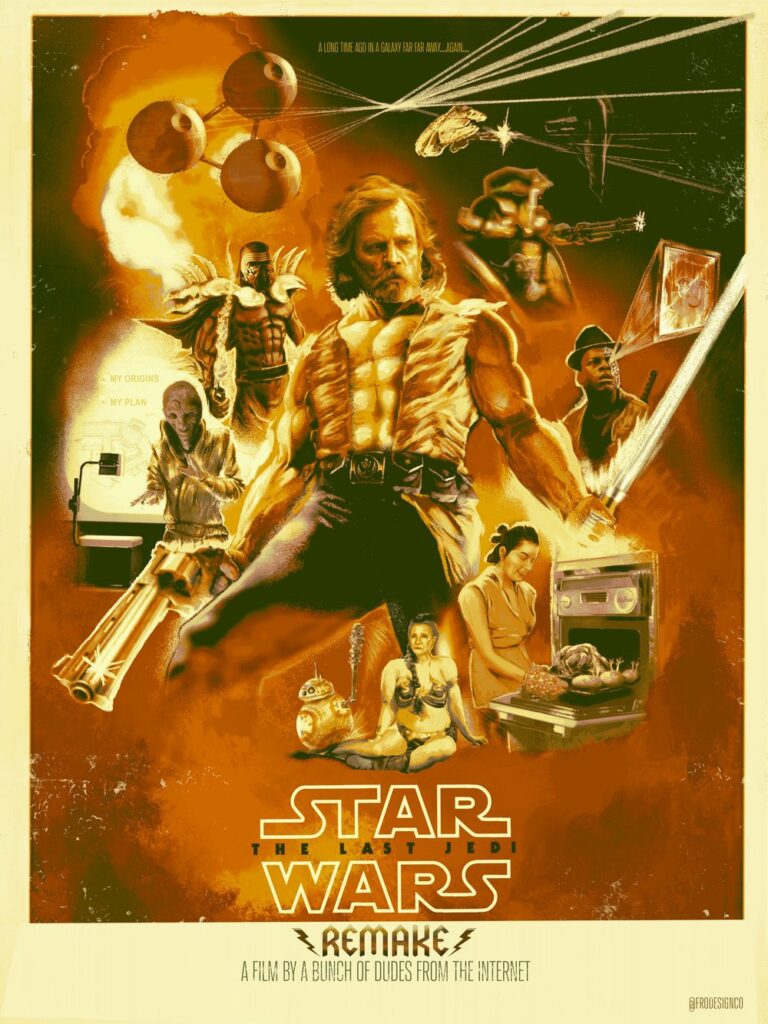
Social Media Boot Camps and Security Measures
The idea of preparing for fan reactions doesn’t just stop with focus groups. Studios are also putting their actors and directors through social media boot camps, training them on how to handle potential online scrutiny. Some actors may even have their social media accounts managed by professionals if their characters are seen as challenging the status quo of a franchise.
In particularly extreme cases, studios are even hiring security firms to scrub personal information from the internet to protect their talent from doxxing—where private details are leaked online, often with malicious intent.
Will This Strategy Work?
On the surface, using focus groups of superfans to help shape decisions sounds like a logical move. After all, who knows the fan base better than those who live and breathe the franchise? However, the strategy raises a number of questions.
One concern is that catering too much to the feedback of a small group of superfans may lead to compromising the creative vision. While these fans may represent the most vocal portion of the audience, they don’t necessarily speak for the entire fanbase. What resonates with one group of hardcore fans might not sit well with a broader, more casual audience.
Moreover, some argue that it’s better to trust the creatives hired to work on these projects. After all, they are the ones who bring fresh perspectives to the table while staying true to the source material. Making too many changes to please a vocal minority could result in a watered-down final product that loses its unique edge.
Striking the Right Balance
The key question here is whether these focus groups will help or hinder creative freedom. On one hand, it’s understandable why studios want to minimize backlash—it can lead to negative press, lower box office numbers, and tarnished reputations. On the other hand, storytelling has always involved taking risks, and sometimes those risks challenge fans’ expectations. Balancing creative vision with fan service has always been tricky, and the introduction of focus groups may further complicate that balance.
At the end of the day, there is always going to be a certain amount of negativity around any major franchise release. Whether it’s a remake, a sequel, or a reboot, pleasing every fan is nearly impossible. So while focus groups may help identify red flags early on, it’s important that studios remain committed to their creative teams and trust their instincts.
Final Thoughts
The decision to assemble superfan focus groups is a clear sign that studios are paying attention to fan reactions more than ever before. Whether this new approach will lead to smoother sailing or stifle creativity remains to be seen. As the entertainment industry continues to evolve, so too will the relationship between fans and the franchises they love.
In the end, it’s all about finding the right balance between staying true to the core of a franchise and pushing it forward in exciting, new directions—while keeping the fans on board.
Via variety.com




